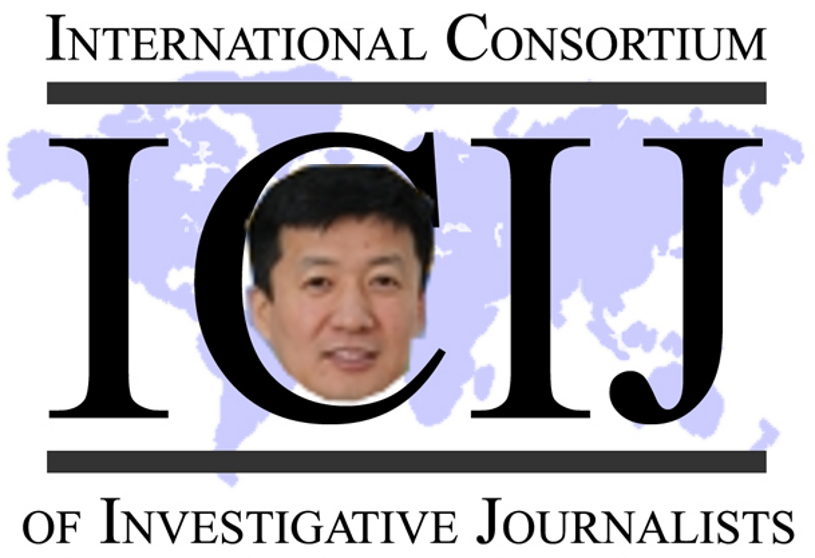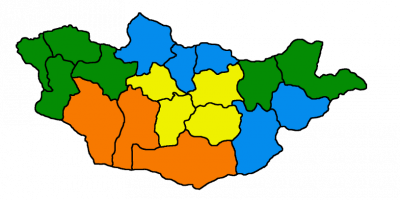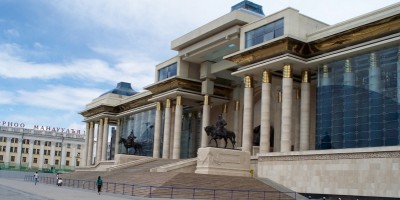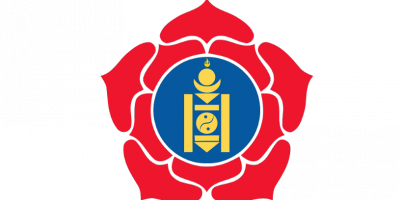It has been more than 24 hours since the news first broke about Deputy Speaker S. Bayartsogt’s undisclosed British Virgin Islands (BVI) company and Swiss bank account based on a report from the International Consortium of Investigative Journalists (ICIJ) here.
The ICIJ report covers much more than Mr. Bayartsogt’s personal business dealings, and it exposes the names of several thousand people in various countries using elaborate schemes to hide wealth (see article here for more information). Examining the ICIJ methodology here, it seems that Mr. Bayartsogt may be just the tip of the iceberg for Mongolia, and in some sense he just got unlucky being exposed first. According to ICIJ, the information comes from a computer hard drive anonymously received in the mail and containing more than 260 gigabytes of data. ICIJ has painstakingly and only partially decrypted, sorted, and reconstructed the complex links between offshore companies, secret accounts, and individuals.
Mr. Bayartsogt called a press conference yesterday afternoon, and according to local press reports he confirmed the existence of the BVI company and Swiss bank account, which at one point reportedly had over one million US dollars but currently has approximately two thousand US dollars. He was contrite, admitting his failure to disclose the company and account as required by local anti-corruption regulations. He reiterated that he was prepared to resign his position as Deputy Speaker and left it to parliament to decide his fate. See the following for examples of local news reports: Sonin.mn, Gogo.mn, Olloo.mn, Shuud.mn.
The local reports (on the internet at least) so far have focused on the ICIJ report and Mr. Bayartsogt’s press conference. I have yet to see an article or editorial that attempts to connect the scandal to the Oyu Tolgoi (OT) project. However, comments from readers below the news articles do contain moderate to wild leaps in that direction with some harshly questioning Mr. Bayartsogt’s loyalty to Mongolia with the often repeated claim that he sold out Mongolia with the 2009 OT stability agreement.
Mr. Bayartsogt’s press conference appears to have been a good first step in taking some of the energy out of the story. He came across as repentant, and his explanation that he naively and stupidly set up the company and account to dabble in international stocks has an air of plausibility. Of course, that is as long as everyone ignores the conflict-of-interest and insider-information aspects of a Minister of Finance having secret offshore accounts. Based on how corruption is usually discussed here, I think the initial suspicion of most people was that the accounts were intended for hiding bribes. His public explanation sort of mollifies that suspicion. Using one’s position to anticipate the movements of the market doesn’t seem to be a salient point of discussion yet, and may not get there if it is not made an issue by the media, civil society organizations, or opposition politicians.
It is still not clear whether this story will be a significant complicating factor for the OT project. It is important to stress that the government and Rio Tinto have differing public relations challenges that just happen to overlap in this situation. This story is not good for either side, and it is a tough to defend against guilty-by-association situation. They’re a bit like two passengers on a sinking boat. One with no arms, one with no legs, and both unfriendly to each other. Whether a bad situation becomes worse is dependent on both sides adequately navigating a delicate situation. Mr. Bayartsogt was a very public proponent of the OT project, and his disgrace is a significant opportunity for critics to continue to hammer the project with the very old tactic of declaring “where there is smoke there is fire.” This kind of story can produce a lot of smoke.
The challenge for the government is to not appear hypocritical on corruption. To do so will further erode the public’s confidence in the OT project and undermine its own negotiating position. Mutually agreed upon decisions between the government and Rio Tinto over the coming weeks may become more vulnerable to accusations of deceptive and fraudulent behavior using the convenient example of Mr. Bayartsogt. The government must safeguard its own credibility by handling this issue effectively.
The challenge for Rio Tinto is that Mr. Bayartsogt’s troubles could morph into a trial in the court of public opinion about the company’s own honesty and business practices. Critics may attempt to connect the dots between secret accounts and the “bad deal” they claim Mr. Bayartsogt signed on the country’s behalf. It is irrelevant whether any of it is based on fact. This is politics. Truth is not a requirement for a story to have devastating impact. There is already an example of the kind of pivot that this story offers with a tweet from MP S. Ganbaatar on the subject.

There isn’t much that Rio Tinto can do to prevent this, and even trying would be a mistake. The best defense is to just be prepared to weather a possible storm if the government fails to adequately address the problem itself. Today’s opening of the spring session of parliament will be a good indicator of how this may play out. Whether it gets at most only perfunctory mention or blows up into a heated topic of discussion will say a lot about the political explosiveness and toxicity of this issue going forward.



